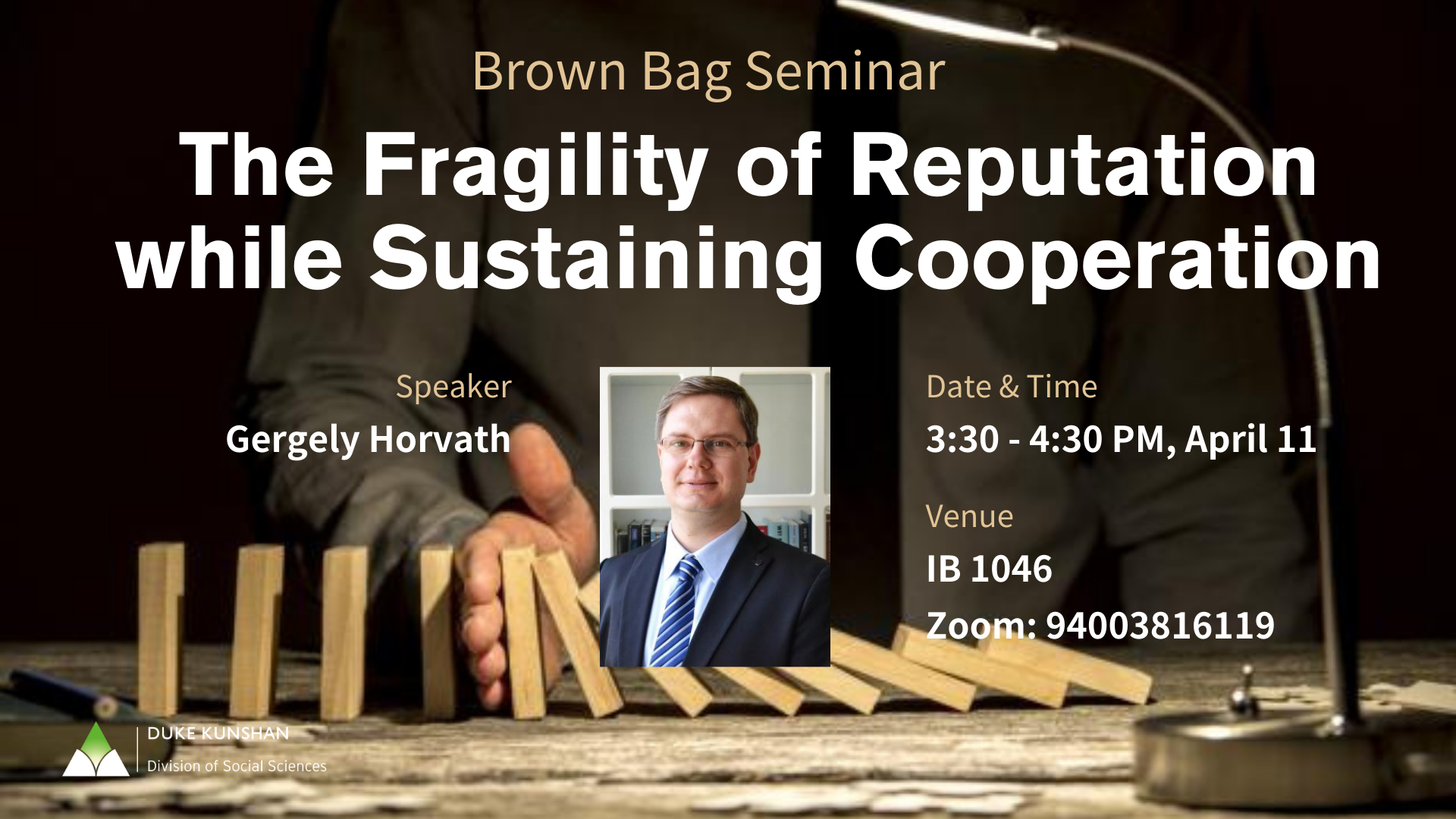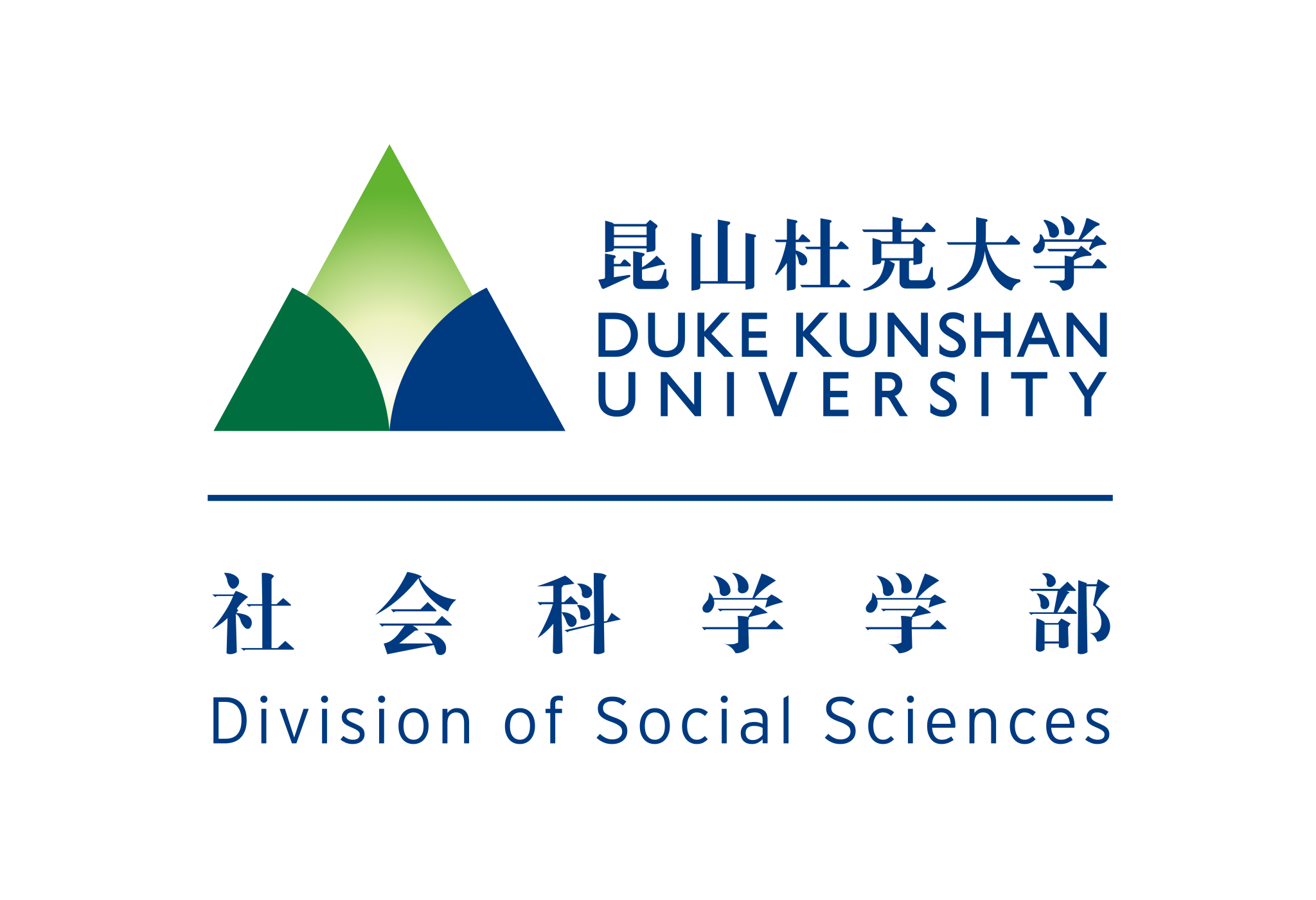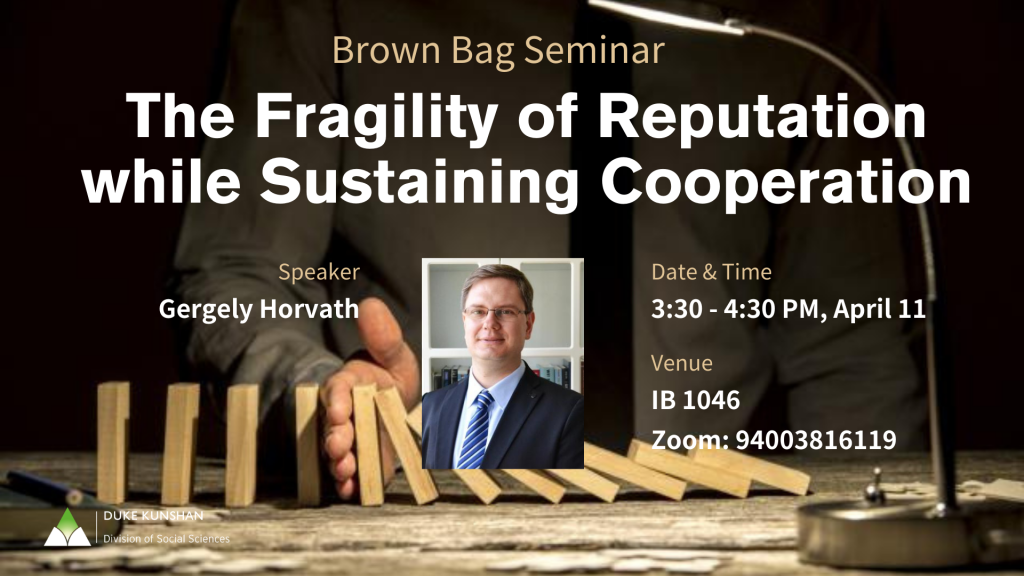
The Fragility of Reputation while Sustaining Cooperation
Abstract:
Reputation is a key cooperation-fostering mechanism, both in theoretical models and real- world scenarios (Manrique et al. (2021); Nowak (2006); Takacs et al. (2021)). However, real-life reputation systems are imperfect due to potentially noisy or manipulated information (Antonioni et al. (2016); Hilbe et al. (2018)). Here, we experimentally study the robustness of the role of reputation when individuals can manipulate their public image and test to what extent the possibility to verify the accuracy of public information reinstates cooperation. As a control situation, we employ a standard repeated experimental protocol that combines reputation and network reciprocity, allowing people to observe others’ past behavior and decide jointly with whom to interact and whether to cooperate or defect against all their network neighbors. In line with previous evidence, the level of cooperation is high and stable in this framework. In our first treatment condition, people can manipulate public information about their last action at a cost. Cooperation rates decline rapidly to zero in this framework, as about half of the participants engages in reputation manipulation. In our second treatment, in which subjects can both manipulate their public reputation but also verify others’ reputations at a cost, neither the level nor the stability of cooperation recover fully. Rather, cooperation emerges to some extent but declines over time. These findings call for further investigation of the underlying mechanisms that contribute to the vital yet complex role of reputation systems in human societies.




